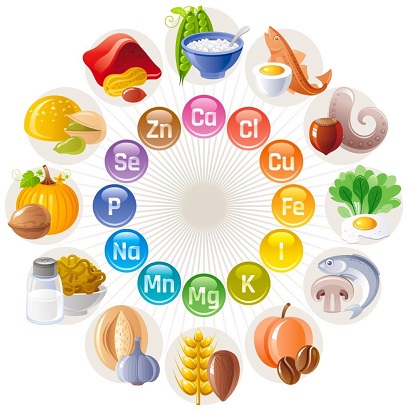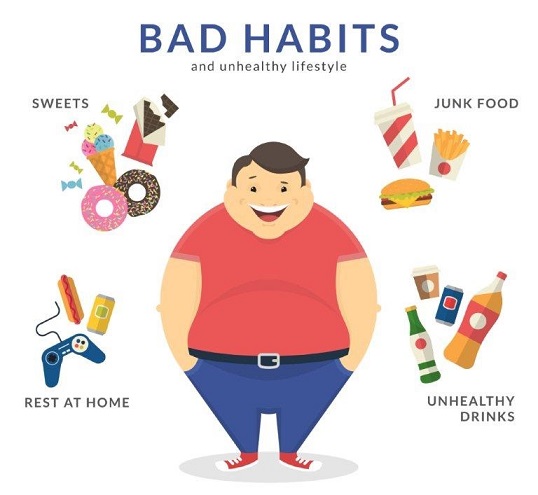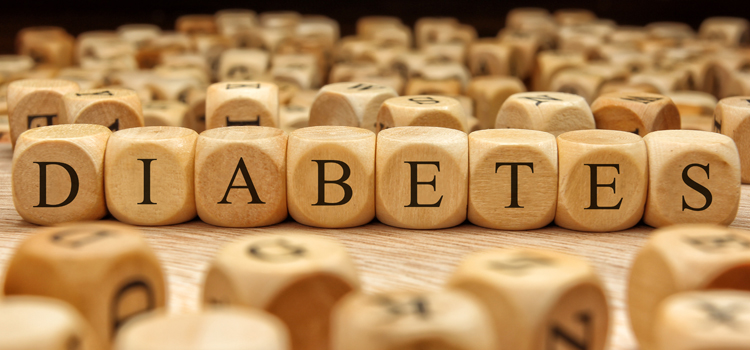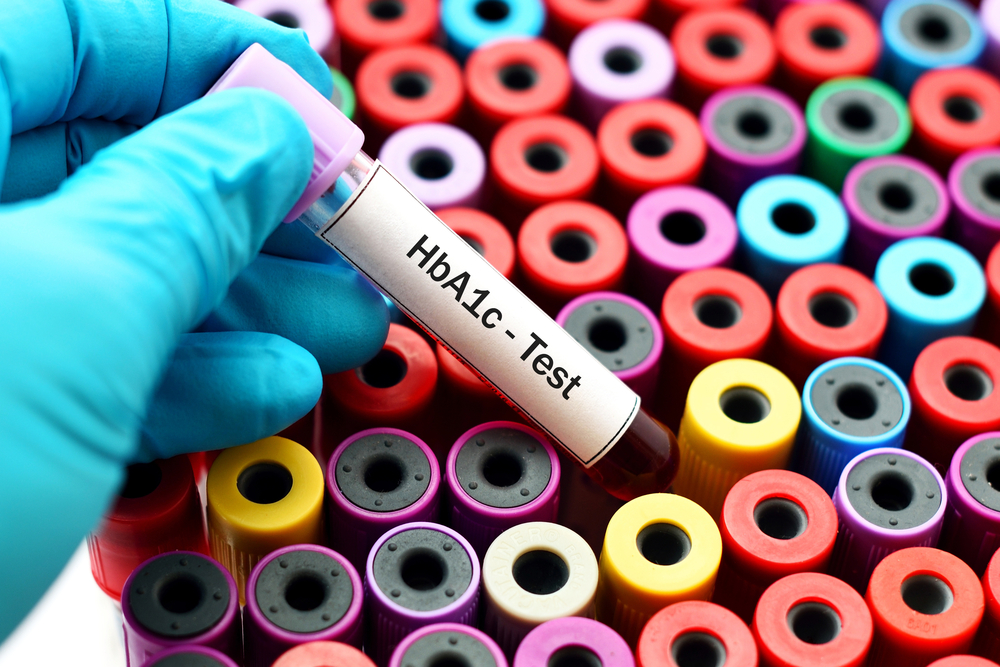4 Blood Tests that Help Diagnose Diabetes

Diabetes is a group of diseases which cause high blood sugar levels. When a person has diabetes, their body cannot produce or utilize the hormone insulin to break down sugar, leading to various complications. When left untreated, diabetes can cause damage to the kidney, eye and, other organs.
Therefore, it is important to diagnose this condition timely for effective management and prevention. This article presents five essential tests used to diagnose diabetes, along with the necessary test preparation and expected test results.
4 Blood Tests that Help Diagnose Diabetes
Diabetes testing is recommended by doctors for anyone who is:
- At a higher risk of diabetes
- Exhibiting symptoms of diabetes
The type of diabetes test depends upon the type of diabetes.
Here are five tests that doctors use for diagnosis of diabetes:
-
HbA1C Test
The A1C test (also known as hemoglobin A1C test or HbA1C test) checks the average blood sugar level over the last three months.
This test for diabetes has no fasting requirement and can be administered anytime. An A1C test is required because the daily blood sugar readings can be deceptive.
An A1C level below 5.7 is considered nondiabetic, between 5.7 and 6.5 is considered prediabetes, and above 6.5 is considered diabetic. However, certain health conditions, like kidney failure, liver disease, or anaemia, can affect the test results. In case of abnormal values, the doctor may recommend retesting on a different day.
-
Fasting Plasma Glucose (FPG) Test
The FPG test, also known as the fasting blood sugar test, measures blood glucose levels at a single point in time. It is typically the first test to diagnose prediabetes or diabetes.
In the FPG test, blood is drawn and tested after at least 8 hours of fasting, typically before breakfast. This test is usually conducted twice to ensure reliable results.
A fasting blood glucose level of less than 99 mg/dL is considered normal, between 100 and 125 mg/dL is considered prediabetes, and over 126 mg/dL is considered diabetes.
-
Random Blood Glucose Test
Random blood glucose test is used to measure the blood glucose level at a single point in time without fasting and is typically a part of a routine blood test.
It does not require any preparation and can be administered at any time. The test results are typically available within a day. However, a random blood sugar test is not typically used to test for prediabetes.
A random blood glucose level reading of 200 mg/dL is considered high and can indicate diabetes.
-
Glucose Tolerance Test
The Glucose tolerance test checks the blood sugar level before and after consuming a sugary drink to evaluate the body’s response to glucose. The amount of carbohydrates in the drink is usually 75 grams. After consuming the drink, the blood sugar readings can be taken every hour for up to three hours.
This test requires fasting for at least 8 hours before the test, and the first blood sample is usually taken before breakfast.
A blood sugar reading less than 140 mg/dL is considered normal, between 140-199 mg/dL is considered prediabetes, and above 200 mg/dL is considered diabetes.
Unchecked diabetes can cause various complications in the body. Therefore, early detection and treatment are integral to successfully managing this condition. Individuals who are at a high risk of diabetes or present symptoms of diabetes should consult a doctor and book a diabetes test at Dr Lal PathLabs immediately.
FAQs
1. What tests confirm diabetes?
Diabetes can be confirmed by conducting these 5 tests:
- A1C test
- Fasting Plasma Glucose (FPG) test
- Random blood glucose test
- Glucose tolerance test
- Diabetes autoantibody panel
2. Which is the most accurate test for diabetes?
The Fasting Plasma Glucose (FPG) test is considered the most reliable test for diabetes. However, the best test for someone depends on their symptoms and the doctor’s recommendation.
3. How does type 1 diabetes differ from type 2 diabetes?
Type 1 diabetes stems from the immune system attacking the body and destroying insulin-producing cells in the pancreas. Type 2 diabetes, however, is caused by a combination of lifestyle factors and family history.
4. What diet should be followed with type 2 diabetes?
For people having type 2 diabetes, small meal portions with a focus on fruits, vegetables, whole grains, and healthy fats are recommended. A proper diet plan should be made with the help of a doctor or dietician.














